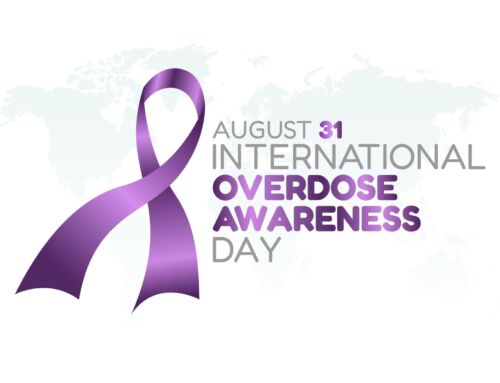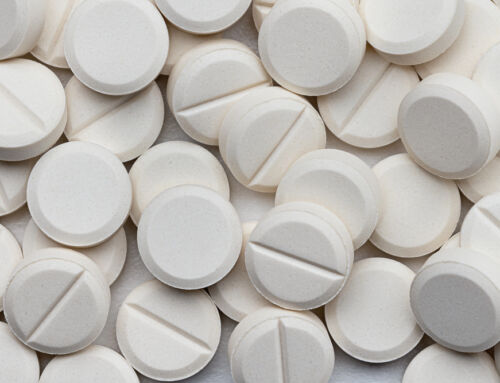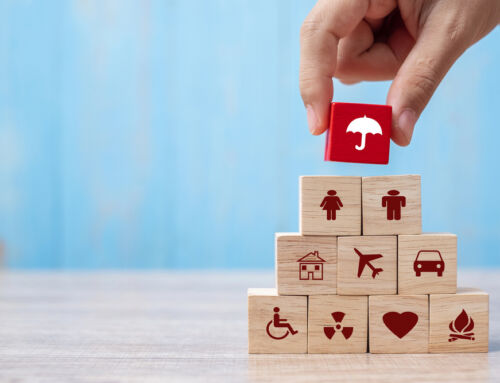As the days grow longer and the temperatures rise, summer is often seen as a season of fun, freedom, and relaxation. But for individuals navigating mental health challenges or recovering from substance use disorders, summer can also bring its own unique set of stressors. At Recovery at the Crossroads in Blackwood, NJ, we understand how the seasonal shift can impact emotional well-being and recovery efforts, especially within the Jewish community and those seeking culturally sensitive care.
Summer’s Mental Health Impact
1. Summer-Onset Depression: While seasonal affective disorder (SAD) is usually linked to winter, some experience its opposite—summertime depression. Symptoms can include anxiety, insomnia, weight loss, and withdrawal from social activities. The social expectations of summer fun can feel overwhelming and isolating.
2. Disrupted Routines: Longer days and shifting schedules can disturb sleep patterns and create a lack of structure. For those in recovery, routine is a cornerstone of stability. Disruption can lead to increased anxiety or relapse risk.
Increased Substance Use Triggers
1. Social Pressure: Summer brings more barbecues, parties, and vacations—often centered around alcohol and other substances. The pressure to fit in or relax can tempt individuals to stray from recovery goals.
2. Boredom and Idle Time: Students and professionals alike may find themselves with extra free time. Without purposeful activity, boredom can become a trigger for substance use or relapse.
3. Coping Through Self-Medication: Some turn to substances in response to seasonal anxiety, depression, or loneliness, creating a harmful cycle that undermines recovery progress.
Coping Strategies to Support Mental Health and Sobriety
1. Engage in Purposeful Activities: Try activities that promote both physical and emotional health. Yoga, biking, hiking, or gardening not only fill time constructively but also provide stress relief and accomplishment.
2. Stay Connected: Regular therapy, group counseling, or 12-step meetings provide structure and accountability. At Recovery at the Crossroads, we offer group therapy, EMDR, and faith-sensitive programming designed to meet you where you are.
3. Stick to a Routine: Whether it’s maintaining consistent sleep hours or scheduling regular meals and activities, structure helps keep recovery on track.
Summer-Friendly Activities for Wellness
-
Outdoor Activities: Walking in nature, swimming, cycling, or tending a garden
-
Social Engagements: Picnics with supportive friends, outdoor yoga, or team sports
-
Creative Outlets: Photography, journaling, painting, or writing
-
Mind-Body Wellness: Meditation, healthy cooking with seasonal produce, or light exercise
We’re Here to Help—All Year Round
Recovery at the Crossroads proudly serves individuals from Blackwood, Cherry Hill, Camden, Turnersville, Washington Township, and beyond. As a kosher-friendly addiction treatment center, we provide outpatient and inpatient care rooted in compassion, clinical excellence, and cultural respect.
If summer has made your recovery journey feel more challenging, know you’re not alone. Let our experienced team help you find stability and support—no matter the season.
Call us today at (856) 644-6929 or reach out online to learn more about our personalized treatment programs.



